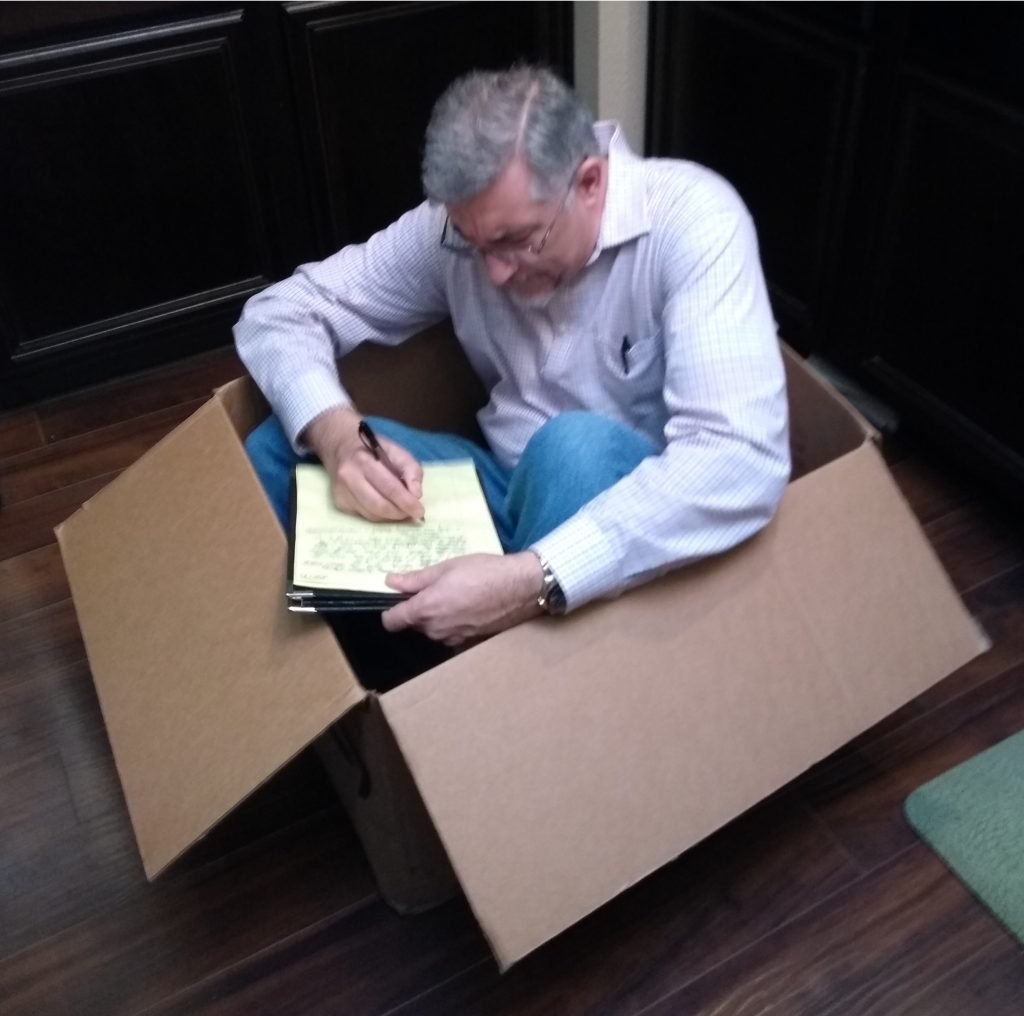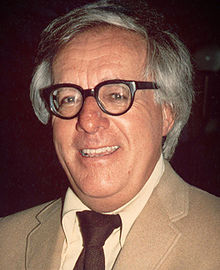The problem with life is there are too many constraints. There are too many limits, too little money, too few resources, and never enough time. And that’s the good news.
Good news? Lest you think me crazy, I’ll explain.

A wonderful blog post by James Clear inspired this post, and I encourage you to read Clear’s article, too.
If Theodore Geisel (Dr. Seuss) could constrain himself to write a children’s book using only fifty different words and come up with Green Eggs and Ham, then constraints may help you as well.
As discussed in Clear’s post, constraints (whether self-imposed or not) force you to think creatively, to find unusual ways to get things done within the limits.
As a fiction writer, you’re always imposing constraints on your characters, particularly the hero of your stories. Your protagonist is always racing against the clock, striving to get out of some trap, fighting to get free of a bad relationship, or otherwise burdened by severe limitations. With the usual options denied, your hero must become inventive in coming up with ways to resolve problems.
What about you? While writing your story, do you face constraints? Yes. I’m sure you have a word limit, even if only a vague one.
Other constraints include the tone of the narrative (once you’ve chosen that, you shouldn’t deviate), genre norms, a desire to stay away from stereotypical characters, character speaking style, the story’s Point of View, etc. Other constraints you might choose for yourself include vocabulary limits like Dr. Seuss’ story, an upper limit on readability index, a dislike of certain words or phrases, and thousands of other possibilities.
Perhaps the most constraining limit of all for any writer is time. You never know how much time you really have and you can’t buy more of it. You can’t take an infinite number of years to finish your story.
As one extreme example, consider the way Ray Bradbury wrote Fahrenheit 451. With two small children at home, he sought a quiet place to write. At the library, he could rent a typewriter, but had to feed it a dime every half-hour. That would be a dollar every half-hour today. They say ‘time is money’ but imagine feeding money into your laptop all the time. No wonder Fahrenheit 451 is a rather short novel.
Constraints, whether imposed by the universe or by you, force you to optimize, maximize, and prioritize. They force you to choose some things and forego others. They force you to think beyond the normal, to consider bizarre alternatives, and to invent new methods.
Perhaps there’s no use complaining about constraints, then. We all face them. Just maybe, they’re bringing out your most creative impulses. Instead of complaining, accept them. Face them. Figure out ways to deal with them.
I’ve accepted the box I’m writing in, but it’s uncomfortable and my joints stiffened up. Now I’m stuck. I hope someone can reach in and help—
Poseidon’s Scribe

